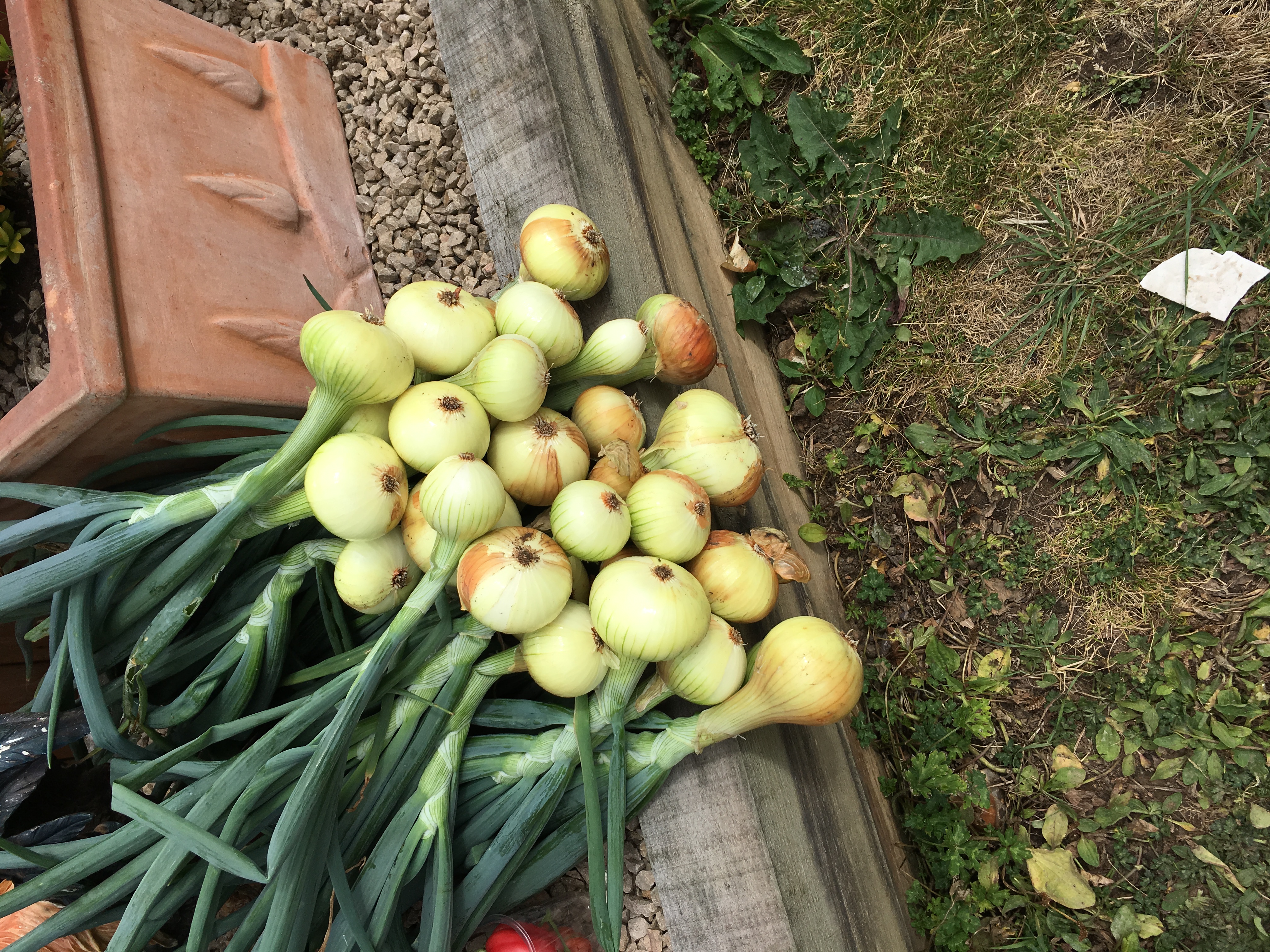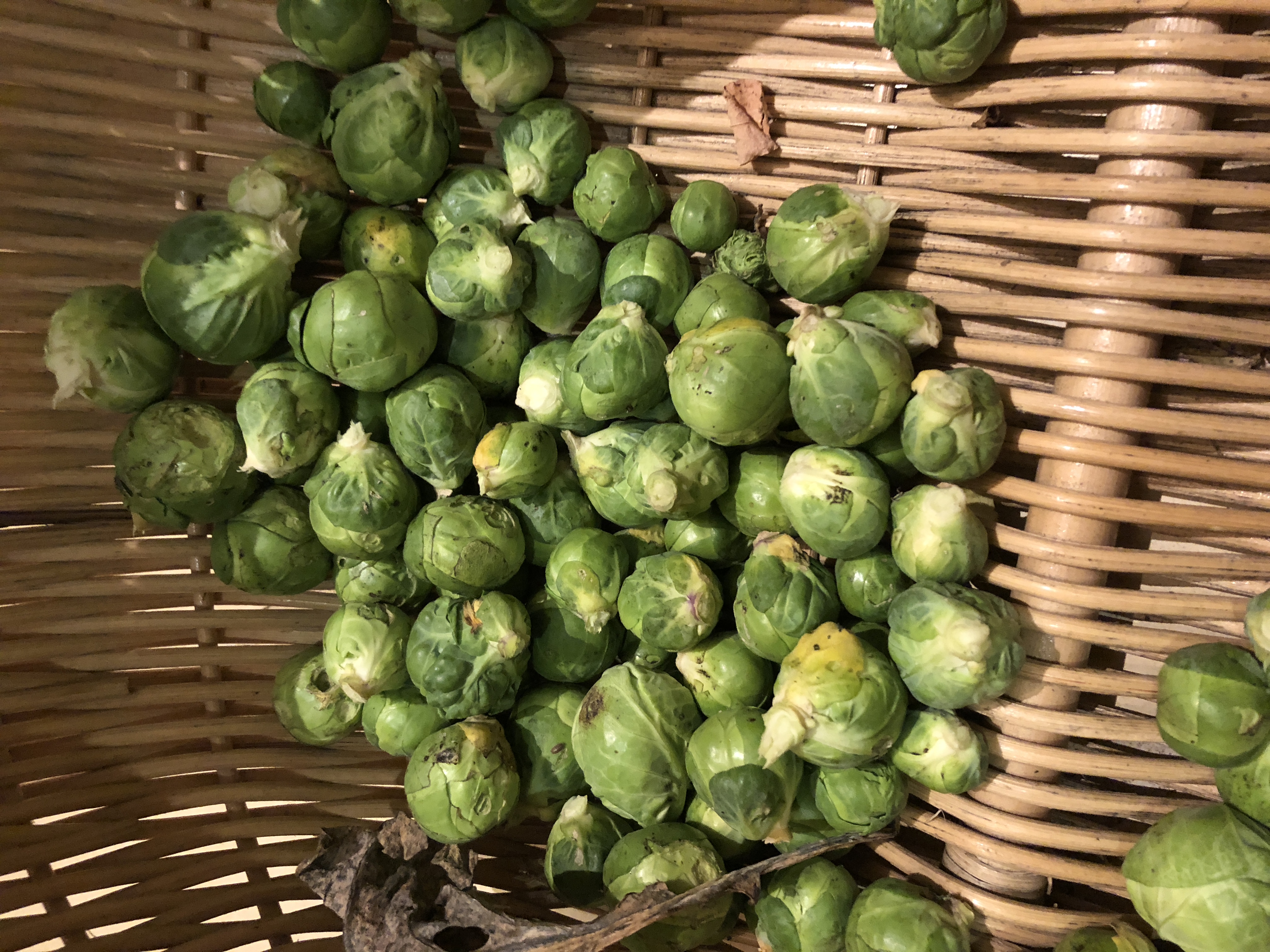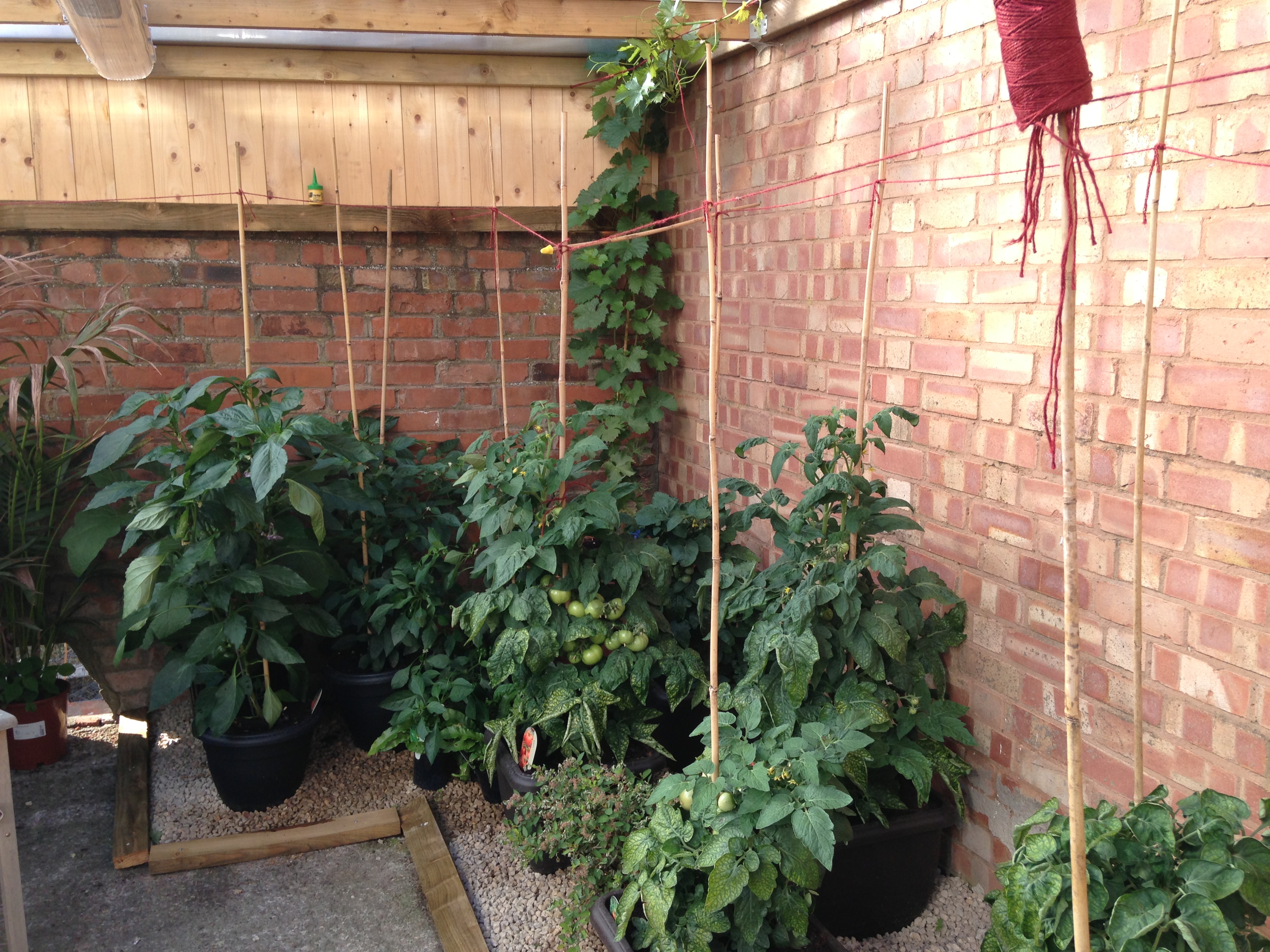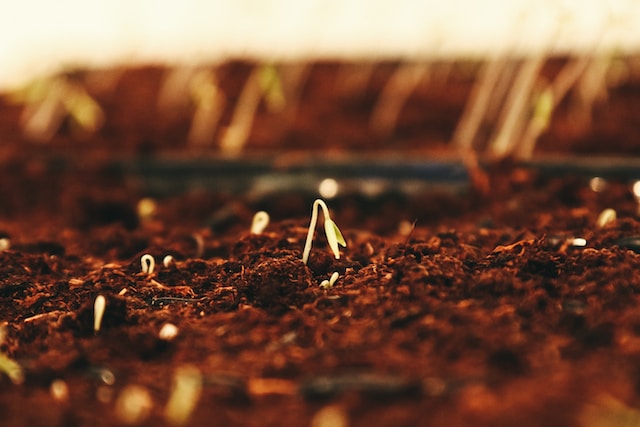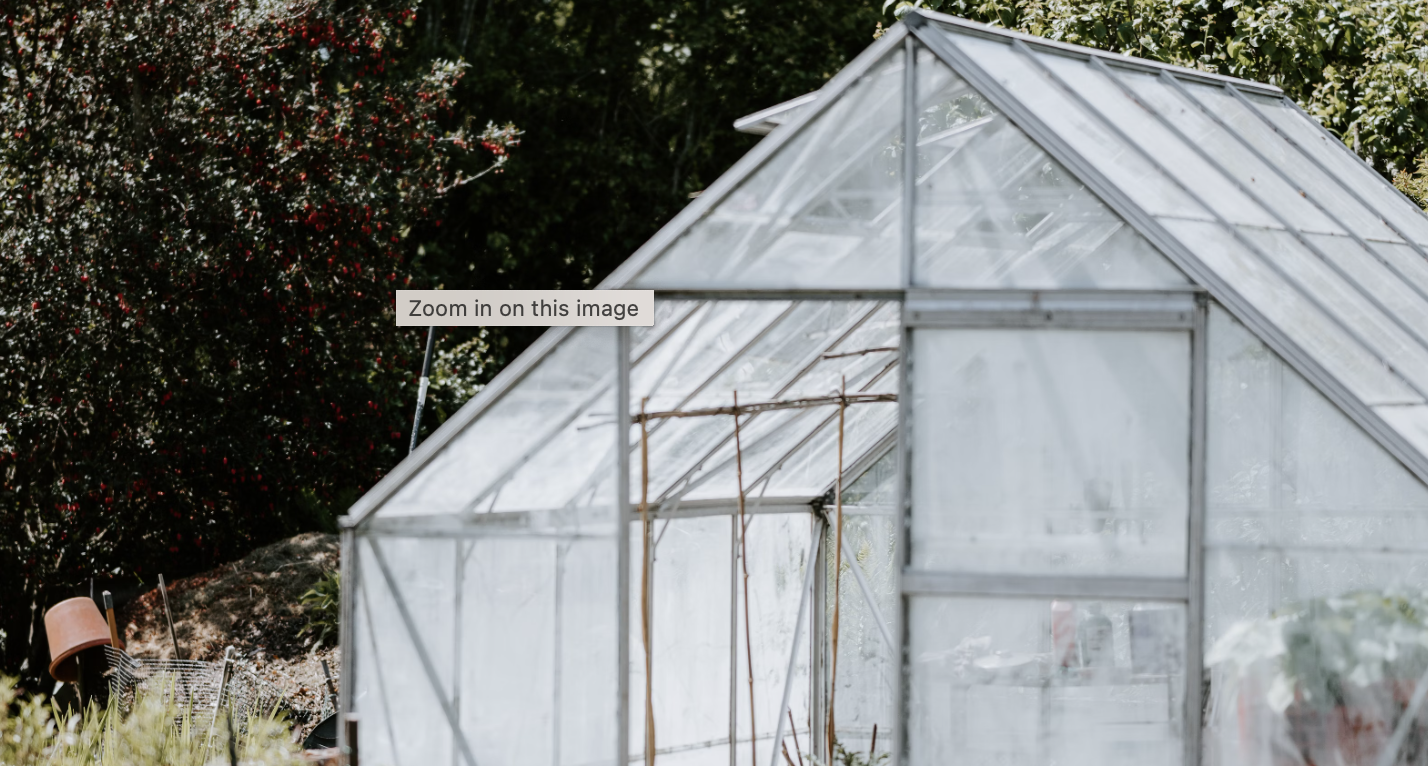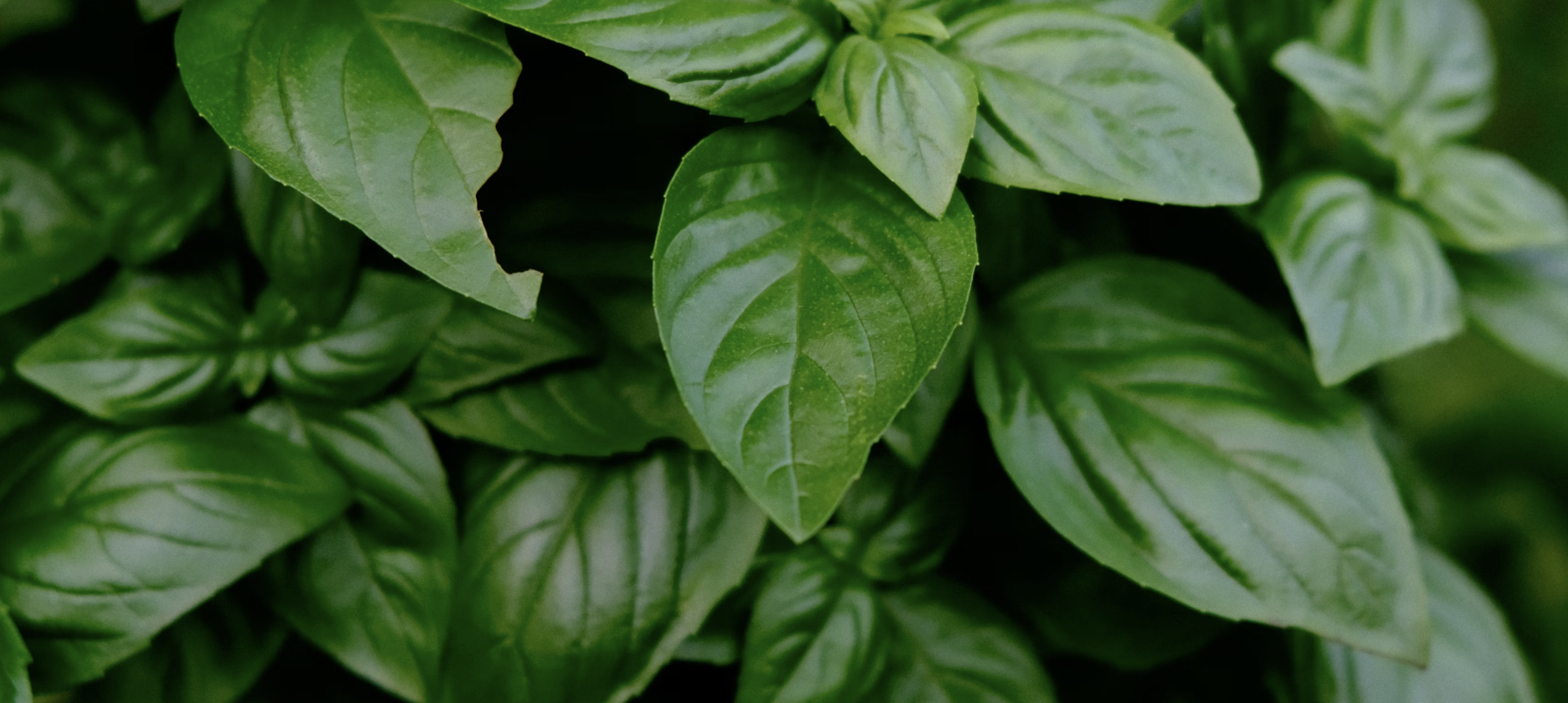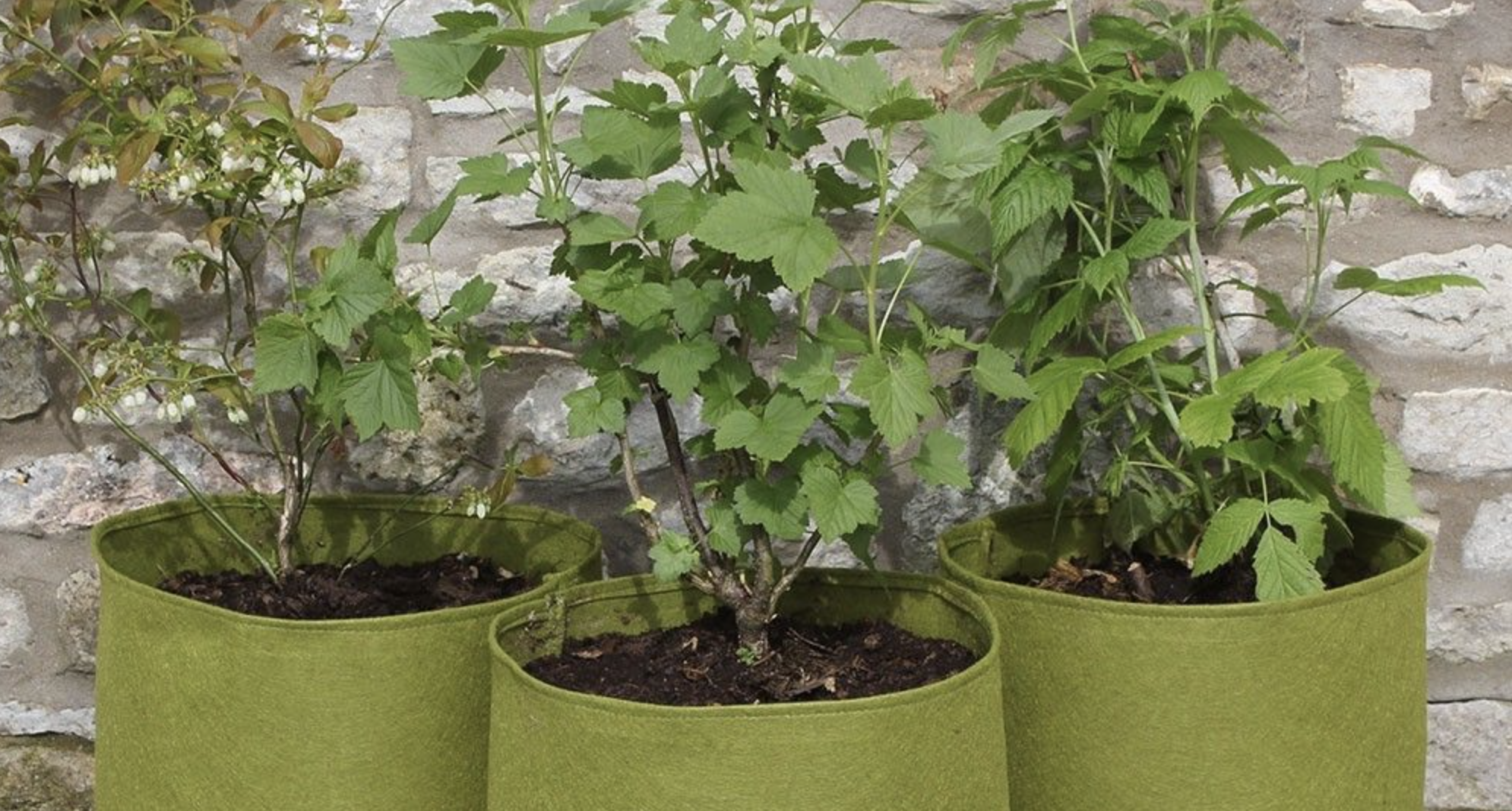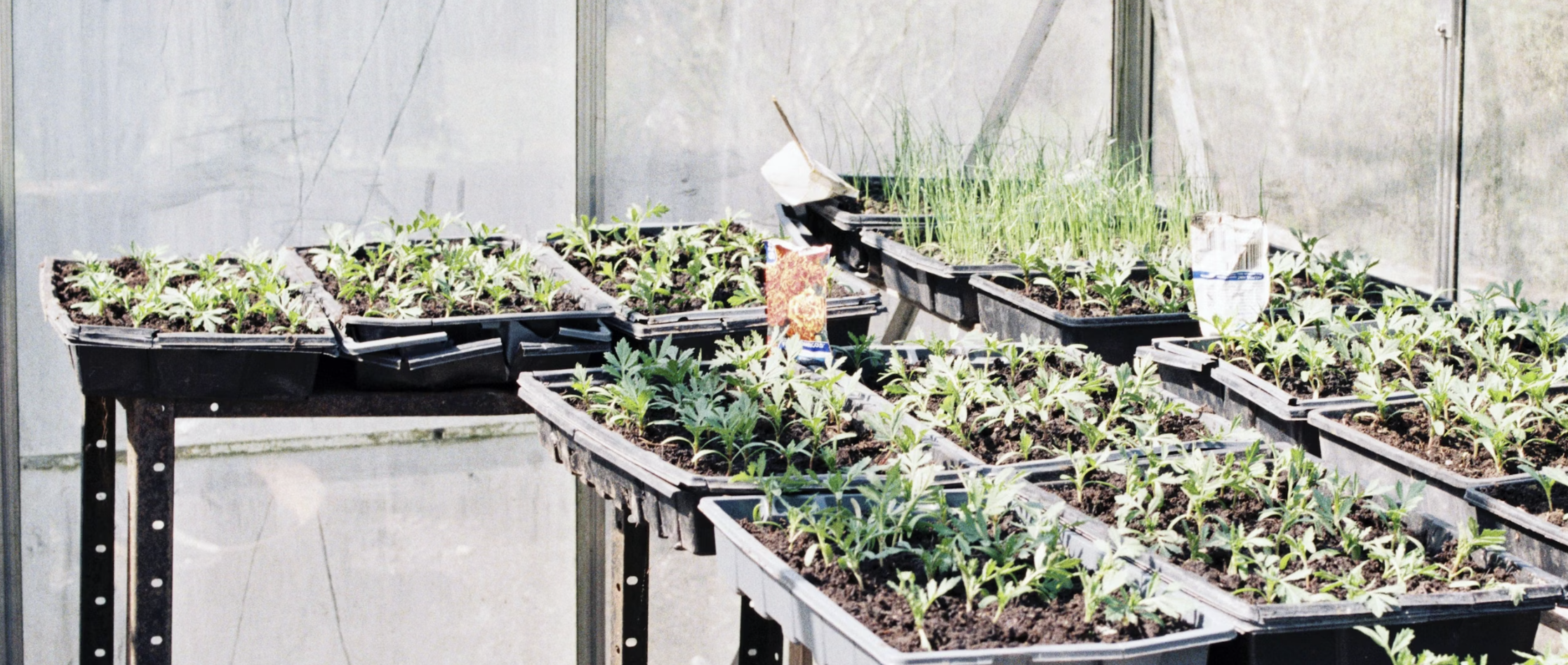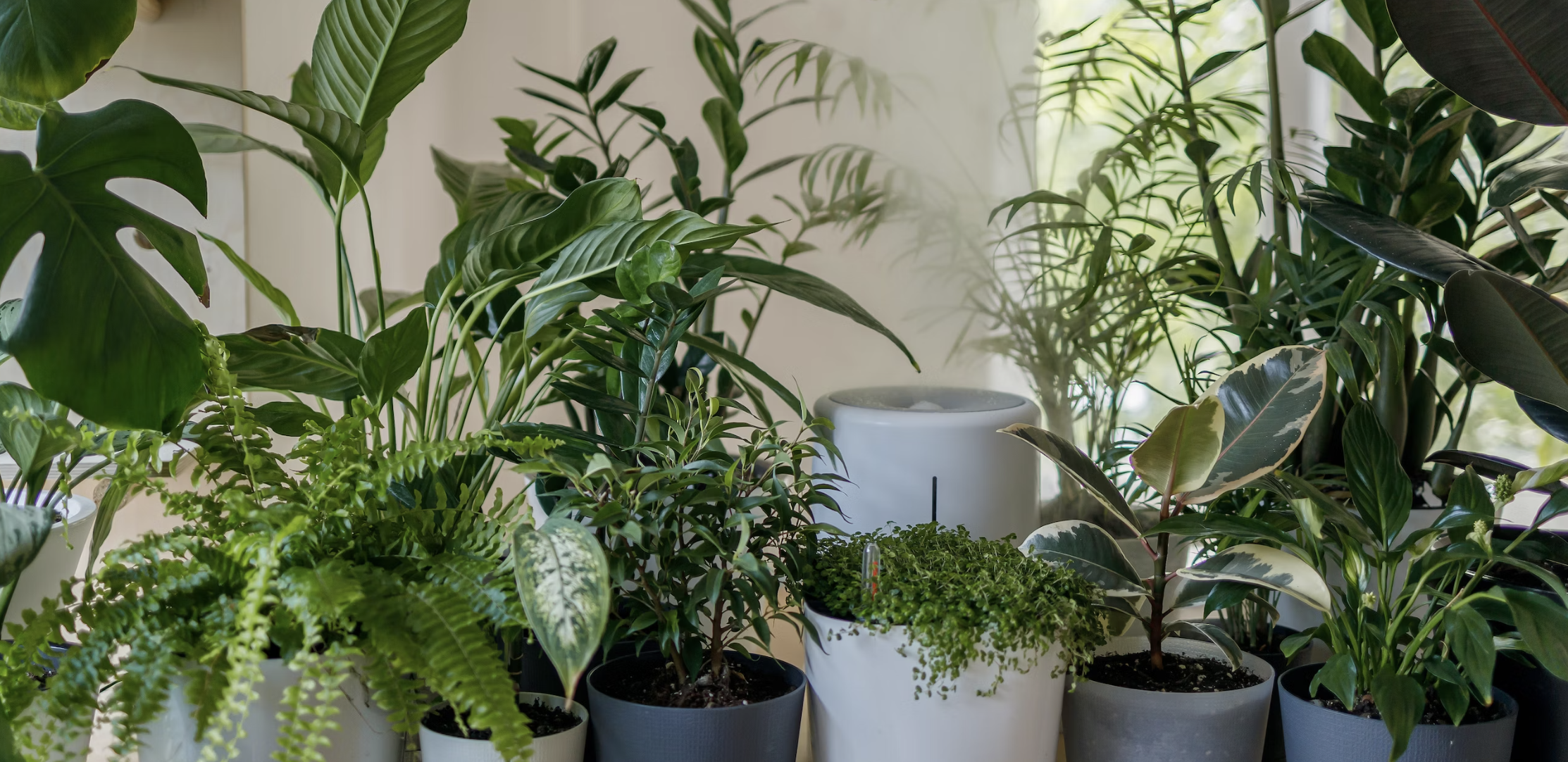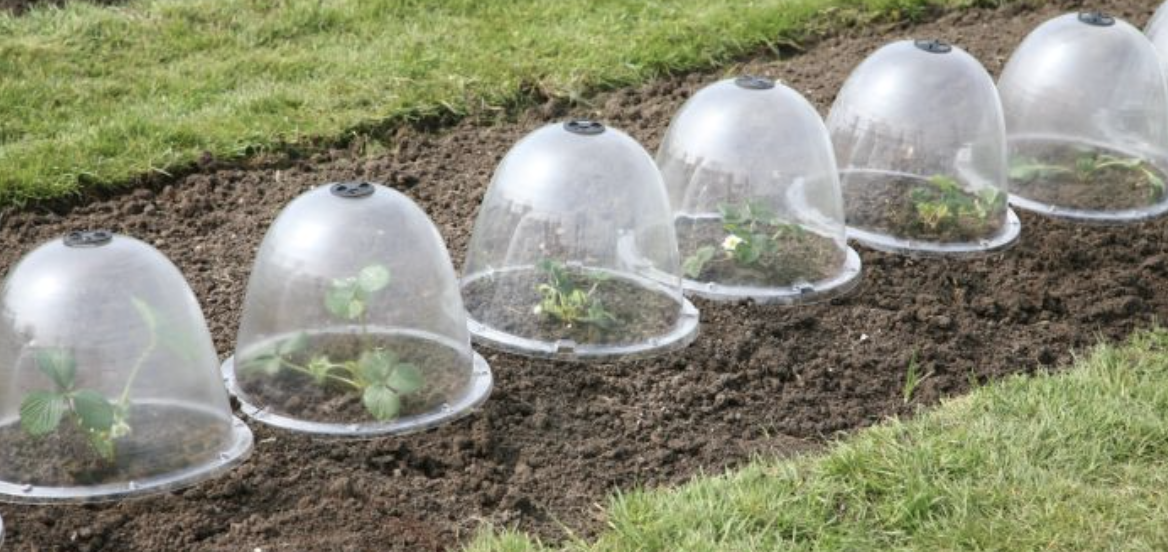
Are you tired of seeing your beautiful garden plants fall prey to unpredictable weather conditions and pesky pests? Look no further – garden cloches are here to save the day! These versatile protective covers are a must-have for any gardener looking to shield their plants from harm while promoting healthy growth.
Whether you're an experienced gardener or just starting out, garden cloches offer an effective solution. With their simple yet innovative design, these protective covers act as a shield against harsh winds, frosts, and hungry animals. Say goodbye to wilted leaves and damaged stems – garden cloches provide a safe haven for your plants to thrive.
Not only do garden cloches offer protection against the elements, but they also create a mini greenhouse effect, trapping heat and moisture to promote optimal growing conditions. This means you can extend your growing season and cultivate a wider variety of plants.
So why wait? Invest in garden cloches today and enjoy a thriving garden year-round. Your plants will thank you for it!
Benefits of using garden cloches
Garden cloches offer a wide range of benefits for your plants. Firstly, they act as a protective shield against harsh weather conditions. From strong winds to frosty nights, garden cloches provide a physical barrier that prevents damage to your plants. This means no more wilted leaves or damaged stems, allowing your plants to grow and flourish. Additionally, garden cloches create a microclimate, trapping heat and moisture to promote optimal growing conditions. This mini greenhouse effect extends your growing season, allowing you to cultivate a wider variety of plants and enjoy fresh produce for longer periods.
Moreover, garden cloches offer protection against hungry animals. Whether it's rabbits, squirrels, or birds, these covers act as a deterrent, keeping your plants safe from their prying eyes and appetites. With garden cloches in place, you can rest easy knowing that your fruits, vegetables, and flowers are protected from potential threats.
Lastly, garden cloches provide a controlled environment for your plants. By regulating temperature and humidity, they create a stable and favorable growing environment. This is especially beneficial for delicate or sensitive plants that require specific conditions to thrive. With garden cloches, you have the power to create the perfect microclimate tailored to your plants' needs.
Types of garden cloches
Garden cloches come in various shapes and sizes, each designed to cater to different plant types and garden sizes. One of the most common types is the bell-shaped cloche, which resembles a miniature greenhouse. These cloches are made of glass or plastic and can be placed directly over individual plants or rows of plants. The bell shape allows for ample space for plants to grow while still offering protection.
Another popular type is the row cover cloche, which is ideal for larger garden plots. These cloches consist of a long, narrow structure made of materials like fabric or mesh. They can be easily draped over rows of plants and secured with stakes or weights. Row cover cloches provide protection against pests and adverse weather conditions while allowing for easy access to your plants for watering and maintenance.
For those looking for a more decorative option, there are also cloches made of wire or metal frames with glass or plastic panels. These ornamental cloches add a touch of elegance to your garden while still providing the necessary protection for your plants.
How to choose the right garden cloche for your plants
When selecting a garden cloche, there are a few factors to consider. Firstly, assess the size of your plants and the area you want to cover. If you have smaller plants or individual pots, bell-shaped cloches are a suitable choice. For larger plants or garden beds, opt for row cover cloches. Measure the length and width of the area you want to cover to ensure you choose a cloche that provides adequate protection.
Next, consider the material of the cloche. Glass cloches offer better insulation and heat retention, making them ideal for colder climates. However, they can be heavier and more fragile. Plastic cloches, on the other hand, are lightweight, shatterproof, and often more affordable. They may not provide as much insulation as glass, but they still offer sufficient protection for most plants.
Additionally, think about the ventilation options of the cloche. Some cloches come with adjustable vents or lids that allow for airflow control. This is especially important during warmer months to prevent overheating and excessive moisture build-up. Look for cloches with ventilation features that can be easily adjusted according to your plants' needs.
Lastly, consider the overall aesthetics of the cloche. While functionality is key, there's no harm in choosing a cloche that complements your garden's style. Whether you prefer a classic glass bell cloche or a sleek metal-framed one, find a design that adds beauty to your garden while serving its purpose.
How to properly use garden cloches
Using garden cloches is relatively simple, but there are a few key steps to ensure optimal results. Firstly, prepare the soil by removing any weeds or debris, ensuring a clean and healthy environment for your plants. Next, place the cloche over the desired area, making sure it fits securely and covers all the plants you want to protect. If using individual cloches, position them directly over each plant, leaving enough space for growth.
It's essential to monitor the temperature and humidity inside the cloche regularly. While garden cloches create a favorable microclimate, they can also trap excessive heat or moisture, leading to plant stress or diseases. Open the cloche or adjust the vents as needed to maintain proper airflow and prevent any issues.
Additionally, remember to water your plants regularly. Garden cloches can limit rainfall or irrigation water from reaching the soil, so it's important to check the moisture levels and provide sufficient hydration to your plants. Use a watering can or a hose with a fine nozzle to avoid damaging the plants or displacing the soil.
Lastly, keep an eye out for any pests that may find their way into the cloche. While garden cloches provide protection against many animals, smaller insects and pests can still find their way inside. Regularly inspect the plants for any signs of infestation and take appropriate measures to control and eliminate pests.
Tips for maintaining and cleaning garden cloches
To ensure the longevity of your garden cloches, proper maintenance and cleaning are essential. Regularly inspect the cloches for any signs of damage such as cracks or loose fittings. If any repairs are needed, fix them promptly to prevent further deterioration.
Cleaning garden cloches is relatively straightforward. Begin by removing any debris or plant residue from the surface and interior of the cloche. Use a mild detergent or soap mixed with water to clean the glass or plastic panels. Gently scrub the surfaces with a soft cloth or sponge, paying attention to any stubborn stains or build-up. Rinse the cloche thoroughly with clean water and allow it to air dry before storing or using it again.
It's also important to store garden cloches properly when not in use. Clean and dry the cloches thoroughly before storing them in a cool and dry place. If possible, disassemble any removable parts to save space and prevent damage. Avoid stacking or piling heavy objects on top of the cloches, as this can lead to breakage or deformation.
DIY garden cloche ideas
If you're feeling creative or want to save some money, there are several DIY garden cloche ideas you can try. One simple option is using plastic bottles or jars as individual cloches. Cut off the bottom of the bottle or jar and carefully place it over the plant, ensuring it is securely anchored in the soil. This makeshift cloche provides protection and is an excellent way to repurpose plastic waste.
Another DIY option is creating a mini hoop house using PVC pipes or wire hoops. Bend the pipes or hoops into an arch shape and secure them in the ground to form a structure. Drape clear plastic or row cover fabric over the hoops and secure it tightly. This DIY hoop house provides protection for a larger area and can be easily customized to fit your garden's dimensions.
Other methods for protecting plants in the garden
While garden cloches are highly effective, there are other methods you can use in conjunction with them to protect your plants. One popular option is companion planting, where you strategically plant certain flowers or herbs alongside your main crops to repel pests or attract beneficial insects. For example, marigolds can deter aphids, while lavender attracts pollinators.
Physical barriers such as fences, netting, or chicken wire can also help keep larger animals out of your garden. Install these barriers around the perimeter of your garden or individual beds to create a barrier that is difficult for animals to breach.
Another method is using organic pest control solutions such as neem oil or insecticidal soap. These natural remedies are safe for plants and the environment while effectively controlling pests. Regularly inspect your plants for any signs of pest infestation and apply the appropriate organic pest control measures as needed.
Where to buy garden cloches
Garden cloches can be purchased from various sources, both online and offline. Many garden supply stores, nurseries, and home improvement centers carry a wide selection of garden cloches in different sizes and styles. Check your local stores to see what options are available.
If you prefer online shopping, there are numerous websites specializing in gardening supplies that offer a range of garden cloches. Popular online retailers such as Amazon, eBay, and Etsy also have a wide selection of garden cloches to choose from. Read customer reviews and compare prices to find the best option for your needs.
Conclusion
Investing in garden cloches is a wise choice for any gardener looking to protect their plants and promote healthy growth. With their ability to shield against unpredictable weather conditions and pests, garden cloches provide a safe haven for your plants to thrive. By creating a favorable microclimate and extending the growing season, these protective covers offer numerous benefits for your garden. Remember to choose the right cloche for your plants, properly use and maintain them, and explore DIY options for added creativity. With garden cloches, you can enjoy a thriving garden year-round and watch your plants flourish under their protective embrace. So, don't wait any longer – start protecting your plants with garden cloches today!




